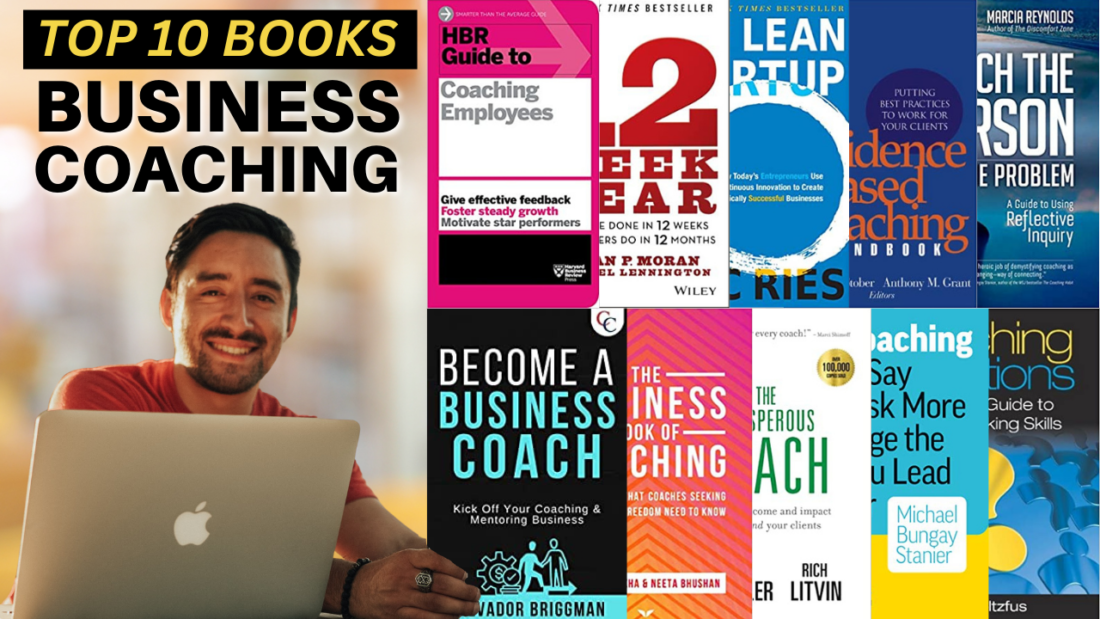Embarking on the journey of book writing with a professional ghostwriter is a thrilling endeavor that demands dedication, creativity, and a systematic approach. In this comprehensive guide, we’ll navigate the intricate process, offering valuable insights and practical tips to help you and your ghostwriter craft a compelling masterpiece from the inception of your idea to the completion of your manuscript
1. Define Your Purpose and Audience:
Before putting pen to paper or fingers to keyboard, articulate the purpose of your book and identify your target audience. Understanding your readership will shape your writing style, tone, and the overall message you aim to convey.
2. Create a Solid Outline:
A well-structured outline serves as the roadmap for your book. Break down your content into chapters or sections, outlining key ideas, themes, and character arcs. This will not only provide clarity but also keep your writing focused and organized.
3. Develop Compelling Characters and Plot:
For fiction writers, delve into character development and plot construction. Create relatable characters with depth and complexity, and build a storyline that keeps readers engaged. Non-fiction authors should ensure their content follows a logical progression, offering valuable insights and solutions.
4. Establish a Writing Routine:
Consistency is key in book writing. Set aside dedicated time each day or week to focus solely on your manuscript. Whether it’s early mornings, late nights, or weekends, establishing a routine helps maintain momentum and prevents procrastination.
5. Embrace the Editing Process:
Writing is rewriting. Once your first draft is complete, undergo multiple rounds of editing. Consider seeking feedback from beta readers or hiring a professional editor to provide objective insights. Refine your prose, tighten your narrative, and ensure clarity and coherence.
6. Balance Creativity with Discipline:
Writing requires a delicate balance between creativity and discipline. Allow your imagination to flow freely during the initial draft, and then apply discipline during the editing phase. Striking this balance will result in a polished manuscript that retains its creative spark.
7. Seek Inspiration and Overcome Writer’s Block:
Inspiration can come from various sources—books, nature, experiences, or even a change of scenery. Embrace creativity, and when faced with writer’s block, explore different writing prompts or take short breaks to refresh your mind.
8. Consider Self-Publishing vs. Traditional Publishing:
Evaluate the pros and cons of self-publishing and traditional publishing. Each path has its merits, and the decision should align with your goals, timeline, and marketing strategy. Research the publishing industry to make an informed choice.
9. Build a Strong Author Platform:
Regardless of your publishing route, establish a strong author platform. Utilize social media, blogs, or author websites to connect with your audience, share your writing journey, and create anticipation for your book.
10. Celebrate Milestones and Stay Motivated
Writing a book is a significant accomplishment. Celebrate milestones along the way, whether it’s completing a chapter, receiving positive feedback, or finishing the final draft. Stay motivated by envisioning the impact your book will have on readers.
Embark on your writing journey with confidence, armed with the tools and insights to transform your ideas into a masterfully crafted book. Remember, the joy is not just in the destination but in the creative process itself. Happy writing!













